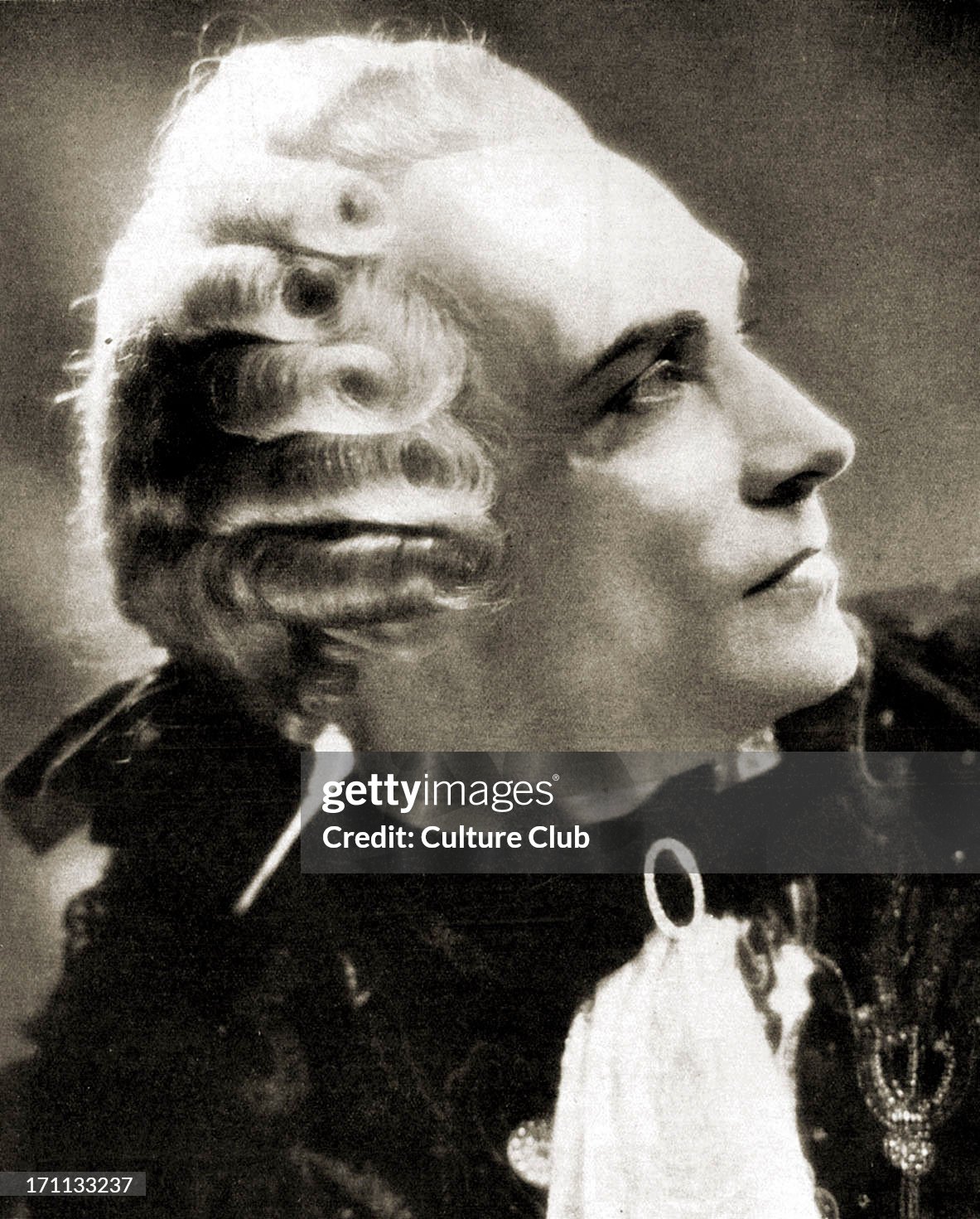Joseph Goebbels found out that their famous German actor Conrad Veidt was to play the lead role of Joseph Oppenheimer and ordered that Veidt give up the role. Veidt refused, as he'd married a Jewish woman and hated what his country had become during the rise of the Nazi Party.
Conrad Veidt was not only a consummate actor (his role in this 1934 film is just stunning), he was a tremendously brave man who took huge personal risks to defy the Nazis. He was threatened with jail during his last trip to Germany (before war broke out) and only the intercession of the British saved him from a fate worse than death.
Jew Süss is badly in need of restoration and apparently it also had another title, "Power", in the USA. There were also cuts made because of censorship, so the finished film was anywhere from 120 minutes to 140 in length. Finding viable remnants of the film will be necessary to complete a restoration. Sadly not much can be done with the sound, except to remove some of the clicks and pops.
Veidt shows a great depth of emotion in this role though, only infrequently, does he descend into bathos. This film was made only 7 years after the inception of sound and two things are still evident: vestigial over-emphasized gestures at times, which were a feature of silent film and, as Howard Hawks once pondered, how much dialogue should be used in a sound film? In this film it tends to be too noisy in parts and too quiet in others.
The scene from 1:00:7 when he learns his daughter has died is totally devastating. Conrad Veidt's eyes were his most remarkable means of storytelling as well as his body language; he glides elegantly through some scenes with poise and aplomb and at others with the mien and bearing of a man crushed by grief. (You can see why he was so attractive to the female characters.) Joseph Suss Oppenheimer finds out during the course of the film that he's not Jewish after all, and the response from Veidt to that character's knowledge and all that it has cost him is moving. This film is, at times, melodramatic, showing its age, and there are actors who speak with at least 3 different accents, including Oppenheimer's daughter - who speaks King's English!! What intrigues me is the kissing on the lips of father with daughter and mother - something we don't do today. And I've hardly ever seen any scene in a Veidt film where he kisses a woman romantically; the films always fall short of this, for some strange reason.
This is an effective piece of cinema, despite the flaws, which was a product of the zeitgeist - more compelling for today's audiences because of what we've learned since it was made.
https://www.youtube.com/watch?v=dMTHwuQnIKA
As I've said before, a profile like Barrymore!
